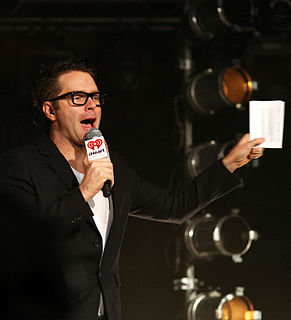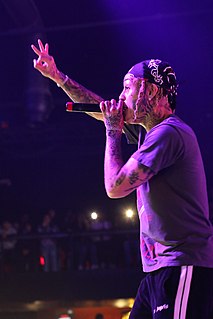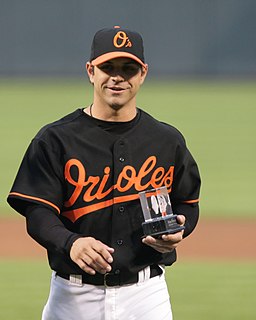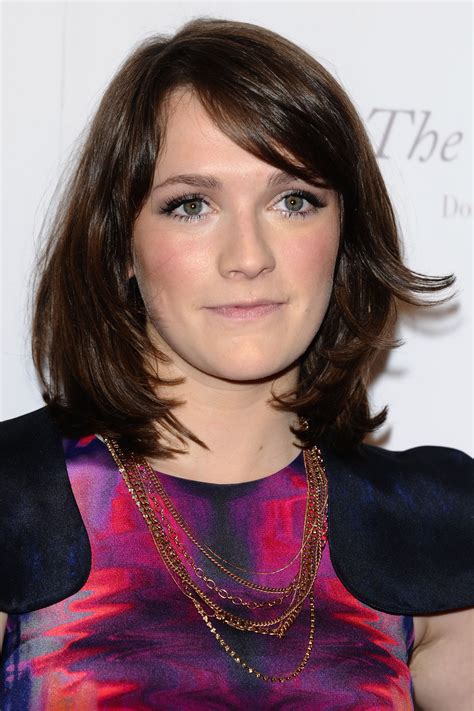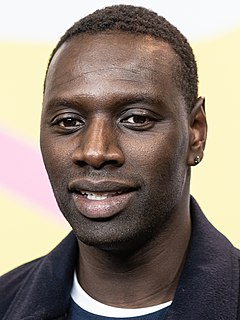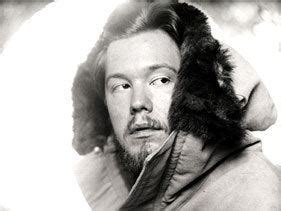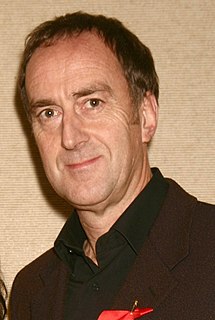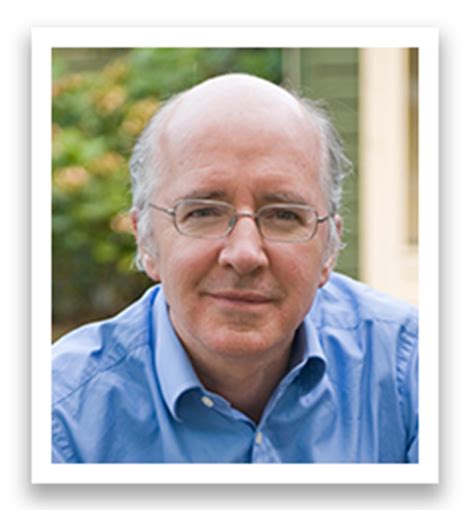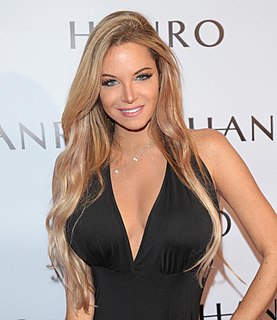A Quote by Eleanor Mondale
The reporting I did was mostly entertainment or lifestyle. I took a very different approach than most reporters. I approached it more casually than you would think a reporter would. Now I'm a morning radio personality, and radio is really casual.
Related Quotes
Radio, or at least the kind of radio we're proposing to do, can cut through that. It can reach people who would otherwise never hear your work, and of course I find that very notion inspiring. Radio stories are powerful because the human voice is powerful. It has been and will continue to be the most basic element of storytelling. As a novelist (and I should note that working my novel is the first thing I do in the morning and the very last thing I do before I sleep), shifting into this new medium is entirely logical. It's still narrative, only with different tools.
There was a time when people would go search out underground records. Now, underground means free, and people don't really care for it. So now artists tend to go more pop and look for the radio. You know, the radio never wanted you to speak about anything, so the music is kinda influenced by the hands of the radio which wants to homogenize it and dilute it and sanitize it. And for the most part, nobody's takin' the time to seek out the cats that are still tryin' to talk, so they have a difficult time being heard, like Chuck D said.
The radio voice, you're in the studio, there's nobody around, and you're using your personality and enunciation skills to get the message across. At the stadium, there are vendors, there are people, the fans talking to each other. It's very difficult. If you were to speak as a radio disk jockey, no one would ever understand what you're saying.


